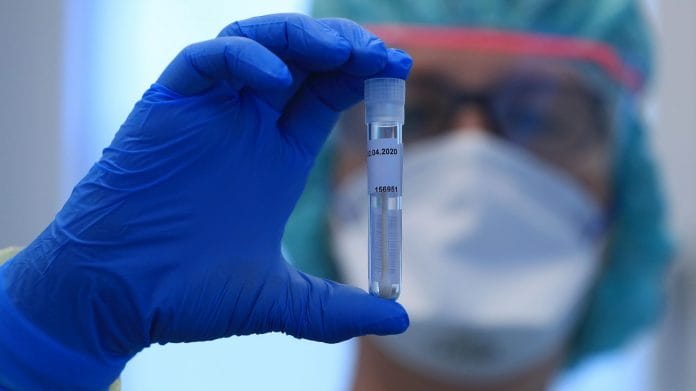San Francisco: Silent carriers of the virus that causes Covid-19 may play a significant role in spreading the disease, according to research conducted in Iceland.
The findings, to be published in the New England Journal of Medicine on Tuesday, provide a striking picture of how the SARS-CoV-2 virus spreads through an entire population and how containment efforts might curb its transmission.
Researchers from Amgen Inc.-owned deCODE genetics and Iceland’s Directorate of Health and National University Hospital examined a large sampling of the country’s population, including people who were randomly selected and didn’t exhibit symptoms of Covid-19.
Iceland has undertaken a widespread effort to screen for novel coronavirus infections. At the conclusion of the study, it had screened about 6% of its total population, more than 20,000 people.
That number included more than 9,000 people with Covid-19 symptoms recruited for targeted testing. It also included more than 10,000 people who were offered screening without necessarily exhibiting symptoms, and more than 2,000 people selected randomly.
About 0.8% of those who volunteered tested positive for coronavirus, as did 0.6% of the people who were randomly selected to participate in the study, indicating that a significant number of people could have the virus without exhibiting symptoms. Targeted testing identified 1,221 Covid-19 cases among 9,199 symptomatic individuals and their contacts.
Also read: How the novel coronavirus is mutating, and if you should be concerned
Researchers were also able to track how the virus spread in Iceland, demonstrating that it entered the country from Italy and Austria, as early cases indicated, as well as from the U.K. and other countries.
“We can follow the spread of the virus in the population,” said Kari Stefansson, chief executive officer of deCODE genetics and an author of the paper. “It became obvious the virus has been sneaking into the country from many countries.”
By sequencing more than 600 samples of the virus, researchers found more than 291 mutations that haven’t yet been identified anywhere else.
Researchers also found that children and women are less vulnerable to infection.
Additionally, the proportions of infected people didn’t change through the course of the study, indicating that containment efforts may be having some effect. In addition to widespread testing, Iceland has implemented social-distancing measures and closed some public spaces.
“The most important thing here is it shows that if you screen widely for the virus, if you put ones infected in isolation and aggressively track it , you can contain this epidemic,” Stefansson said. “But for you to be able to do that you have to be vigilant.”
Also read: ICMR plans plasma therapy clinical trials in 2 weeks to treat critical Covid-19 cases






